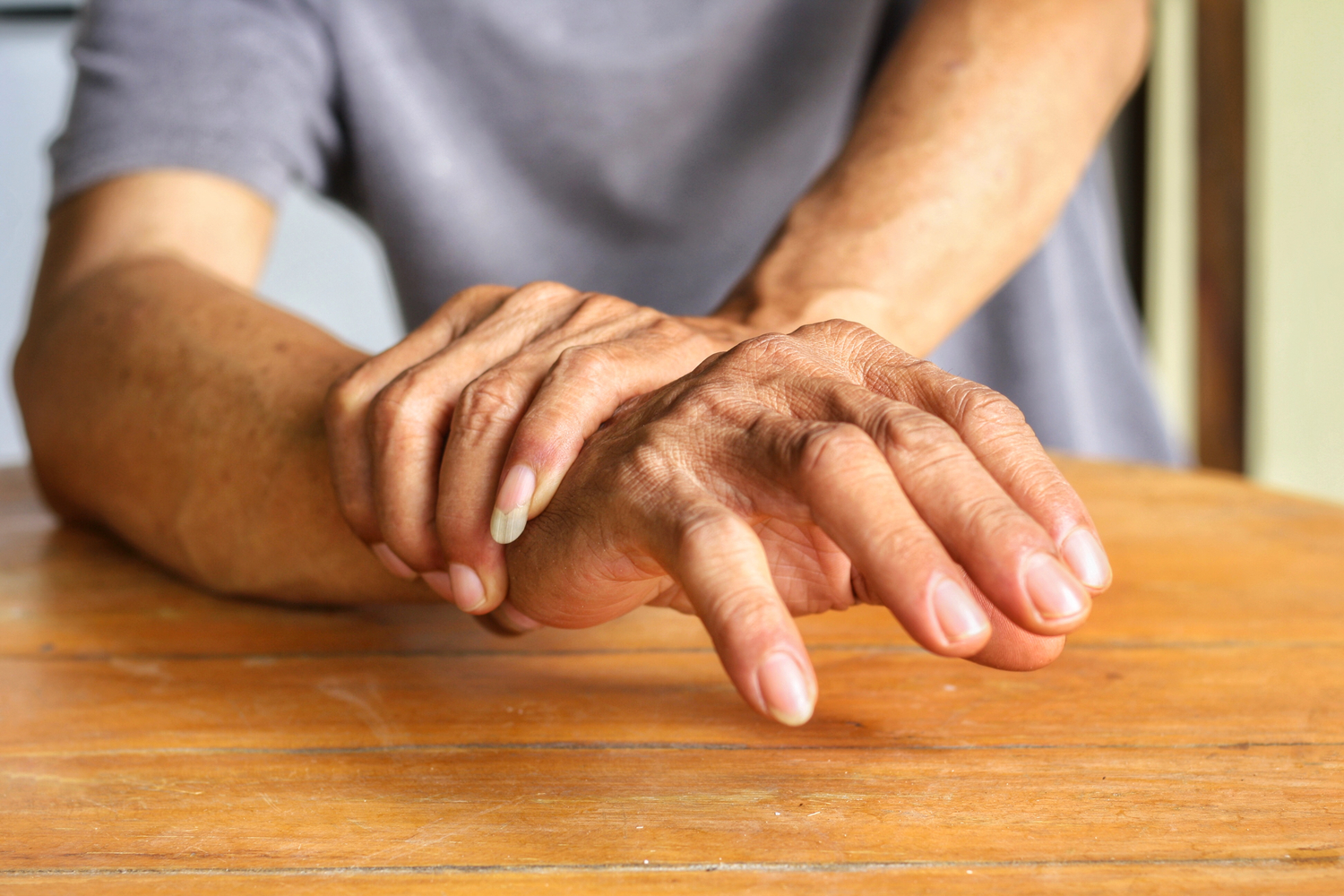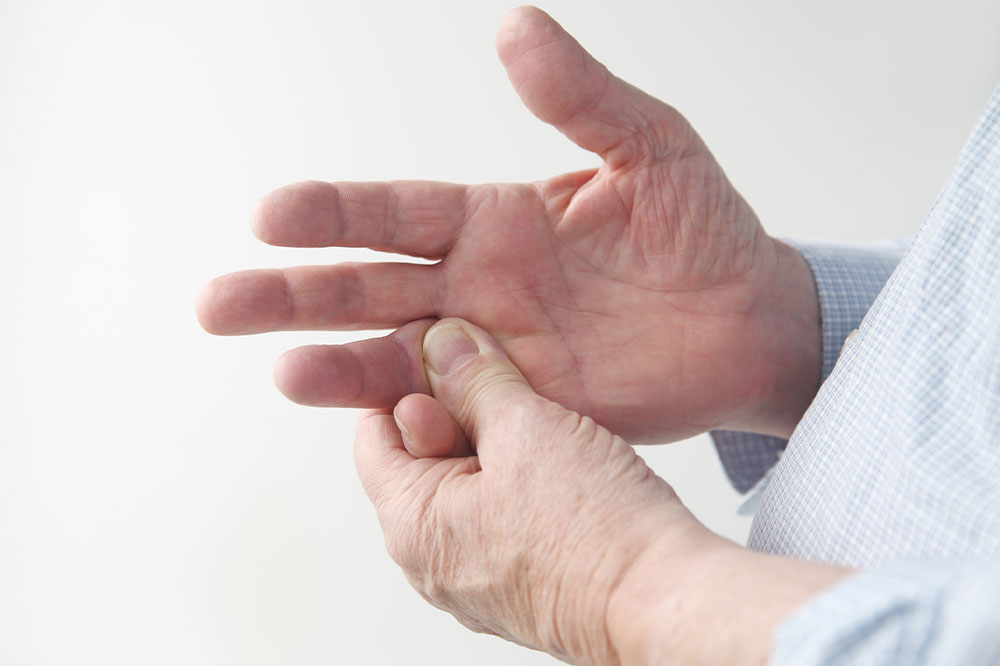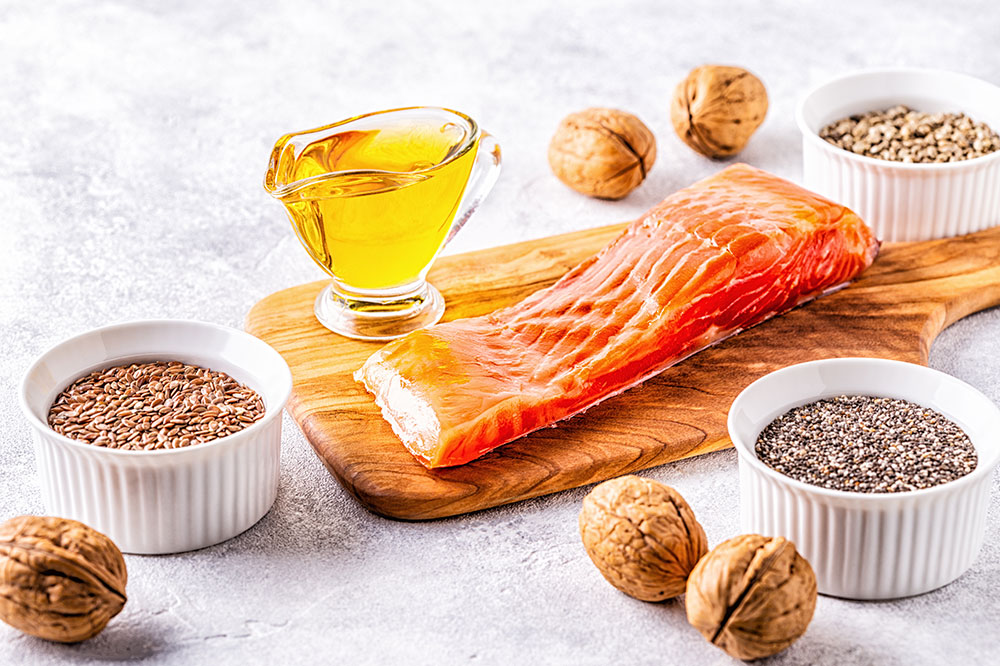Comprehensive Lifestyle Approaches to Managing Psoriatic Arthritis Symptoms Effectively
This comprehensive guide explores effective lifestyle strategies for managing psoriatic arthritis, emphasizing stress reduction, diet, exercise, and avoidance of triggers. Implementing these habits alongside medical treatments can significantly improve quality of life by reducing flare-ups and promoting joint health. Personalized routines under medical supervision are key to long-term disease control and overall well-being.

Practical Lifestyle Modifications for Effective Management of Psoriatic Arthritis
Psoriatic arthritis (PsA) is a persistent and often debilitating autoimmune condition characterized by inflammation that affects the joints and skin. It manifests through symptoms such as joint pain, stiffness, swelling, fatigue, and skin lesions. Patients with PsA often experience flare-ups that can significantly impair their daily activities and overall quality of life. While pharmacological treatments—such as NSAIDs, DMARDs, and biologics—are fundamental in managing the disease, incorporating strategic lifestyle changes can play a crucial role in minimizing symptoms and enhancing long-term health outcomes.
Understanding the importance of lifestyle modifications is vital because PsA is a chronic condition that requires ongoing management. These adjustments are designed not just to alleviate symptoms but also to prevent disease progression, improve physical function, and promote mental well-being. Recognizing that every individual’s experience with PsA is unique, adopting a personalized approach under medical supervision can yield the best results.
This comprehensive guide explores essential lifestyle strategies, including stress management, dietary interventions, smoking cessation, regular physical activity, and other supportive habits. Each of these elements works synergistically to support joint health, reduce inflammation, and improve overall quality of life. By integrating these practices into everyday routines, individuals can better control flare-ups, decrease reliance on medication, and enjoy a more active and fulfilling life—despite the challenges of psoriatic arthritis.
Stress Reduction and Mental Well-being
Stress is a well-known trigger for inflammatory responses and can exacerbate the symptoms of psoriatic arthritis. Chronic stress may lead to increased cortisol levels and inflammatory cytokines, which can worsen joint pain and skin issues. Managing stress effectively through mindfulness practices such as meditation, yoga, deep-breathing exercises, and engaging in hobbies can significantly reduce flare-ups. Developing a support system through counseling or support groups offers emotional relief, which is integral to holistic health management.
Dietary Strategies for Inflammation Control
Nutrition plays a pivotal role in managing PsA symptoms. Consuming an anti-inflammatory diet rich in fruits, vegetables, whole grains, lean proteins, and omega-3 fatty acids can help diminish systemic inflammation. Patients are encouraged to limit processed foods, sugar-sweetened beverages, and saturated fats, which may contribute to inflammation. Specific diets such as the Mediterranean diet or gluten-free regimen may offer additional benefits, especially for those with food sensitivities. Adequate hydration and portion control further support overall health and reduce joint strain.
Smoking Cessation and Alcohol Moderation
Smoking has been linked to increased severity and faster progression of psoriatic arthritis. The toxins in cigarettes can impair immune function and damage joint tissues, while also reducing treatment efficacy. Quitting smoking is one of the most impactful lifestyle changes a patient can make. Similarly, limiting alcohol intake prevents additional inflammation and supports medication effectiveness. Combining these habits with medical therapy optimizes disease control and reduces complication risks.
Physical Activity and Joint Mobility
Regular exercise is essential for maintaining joint flexibility, muscle strength, and overall endurance. Low-impact activities such as swimming, water aerobics, cycling, and tai chi are particularly beneficial in minimizing joint stress. Engaging in physical activity helps reduce stiffness, improve range of motion, and promote circulation, which supports healing. Patients should work with healthcare professionals to develop personalized exercise routines that align with their abilities and disease status, gradually increasing activity levels as tolerated.
Additional Supportive Habits
Other helpful practices include maintaining a healthy weight to lessen joint stress, ensuring adequate sleep for tissue repair, and avoiding repetitive movements that can cause strain. Regular check-ups with healthcare providers facilitate early detection of flare-ups and adjustments in treatment plans. Incorporating these lifestyle strategies into daily routines fosters an environment conducive to controlling PsA symptoms and enhancing overall well-being.
In conclusion, while medication remains a cornerstone of psoriatic arthritis management, lifestyle modifications are equally crucial for achieving optimal health outcomes. Patients who adopt holistic habits—focused on stress management, nutrition, physical activity, and lifestyle adjustments—can significantly reduce the severity and frequency of flare-ups. This integrated approach not only alleviates joint symptoms but also empowers individuals to lead healthier, more vibrant lives despite ongoing disease challenges.





